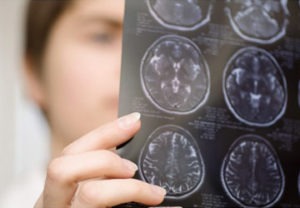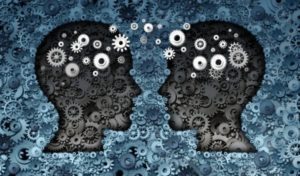David Vago
Ph.D
David is research director of the Osher Center for Integrative Medicine and director of the Contemplative Neuroscience and Integrative Medicine (CNIM) Laboratory at Vanderbilt University Medical Center. He is an associate professor in the department of Physical Medicine and Rehabilitation and department of Psychiatry. He is also a research associate in the Functional Neuroimaging Laboratory (FNL), Brigham and Women’s Hospital (BWH), Harvard Medical School. He has completed post-doctoral fellowships in neuroimaging and mind-body medicine, as well as the Stuart T. Hauser Research Training Program in Biological and Social Psychiatry.
David’s Bio
David has previously held the position of Senior Research Coordinator for the Mind and Life Institute and is currently a Mind and Life Fellow, supporting the Mind and Life mission by advising on strategy and programs. He received his Bachelors Degree in Brain and Cognitive Sciences in 1997 from the University of Rochester. In 2005, David received his PhD in Cognitive and Neural Sciences with a specialization in learning and memory from the department of Psychology, University of Utah. Dr. Vago’s research interests broadly focus on utilizing translational models to identify and characterize neurobiological substrates mediating psychopathology, to better predict outcomes and potential biologically-based diagnostic and therapeutic strategies for those suffering with mental illness and chronic pain.
Through mixed research methods of systems biology, neuroimaging, predictive computational modeling, connectomics, genomic and neuroendocrine science, innovation, cognitive-behavioral and first-person phenomenological analyses, Dr. Vago focuses on one basic question – “What are the basic neurobiological and physiological components that constitute adaptive mind-brain-body interactions and their therapeutic relevance in psychiatric settings?” Dr. Vago has a number of research initiatives that are ongoing, including Mapping the Meditative Mind, in which he has partnered with contemporary meditation and yoga teachers, as well as scholars to investigate states of meditation across the spectrum of formal meditative expertise.














